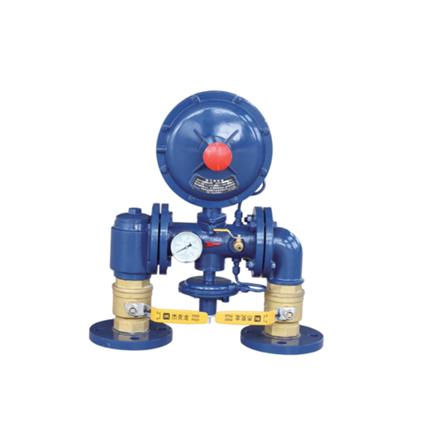
Dec . 04, 2024 08:14
Back to list
Understanding Heat Exchangers and Their Importance in Industrial Applications
Understanding Heat Exchangers Principles, Applications, and Benefits
Heat exchangers are vital components in numerous industrial and commercial applications. They are designed to transfer heat from one medium to another, thereby optimizing energy usage and enhancing system efficiency. This article explores the principles of heat exchangers, their types, applications, and the benefits they provide in various industries.
Principles of Heat Exchangers
At the core of a heat exchanger's functionality is the principle of thermal conductivity. Heat flows from a hotter substance to a cooler one until thermal equilibrium is reached. Heat exchangers utilize this natural process to transfer heat efficiently between fluids, which can be liquids or gases. The efficiency of this transfer is influenced by factors such as temperature difference, flow arrangement, and the materials used in construction.
Heat exchangers are classified based on various criteria, including their design, flow arrangement, and the phase of the working fluids. The most common types are shell-and-tube, plate, air-cooled, and double-pipe heat exchangers. Each of these designs offers specific advantages and is suited for different operational demands.
Types of Heat Exchangers
1. Shell-and-Tube Heat Exchangers Comprising a series of tubes housed within a larger shell, these exchangers are widely used in industry due to their robustness and capability to handle high pressures and varying temperature ranges. The fluids flow through the tubes and the shell in either parallel or counterflow arrangements, maximizing heat transfer.
.
3. Air-Cooled Heat Exchangers Instead of using water for cooling, air-cooled heat exchangers use ambient air. They are particularly useful in locations where water is scarce. These exchangers are commonly found in refrigeration and air conditioning systems.
مبادل حراري

4. Double-Pipe Heat Exchangers This type consists of one pipe inside another, with the two fluids flowing in opposite directions. This design is straightforward and effective for small scale applications.
Applications of Heat Exchangers
Heat exchangers are integral in various sectors, including power generation, chemical processing, oil and gas refining, HVAC, food and beverage production, and many more. In power plants, for instance, they are used to recover waste heat and improve overall efficiency. In the chemical industry, they facilitate heat recovery during exothermic and endothermic reactions, optimizing resource utilization.
In commercial buildings, HVAC systems rely on heat exchangers to regulate indoor temperatures efficiently while minimizing energy consumption. In the food industry, they ensure safe processing and maintain product quality by controlling temperatures during pasteurization or cooling processes.
Benefits of Heat Exchangers
The advantages of incorporating heat exchangers into systems are numerous. Primarily, they enhance energy efficiency by recovering and reusing heat that would otherwise be lost, which translates to significant cost savings. Additionally, reducing energy consumption contributes to lower greenhouse gas emissions, aligning with global sustainability goals.
Furthermore, heat exchangers can improve system reliability and longevity by maintaining optimal operating temperatures and reducing strain on mechanical components. They also allow for more precise temperature control, crucial in processes where specific thermal parameters must be maintained.
Conclusion
In summary, heat exchangers are fundamental to modern industrial processes and energy management. Their ability to efficiently transfer heat contributes to energy savings, environmental sustainability, and improved operational performance. As industries continue to seek ways to enhance efficiency and minimize costs, the role of heat exchangers will only grow in importance, underpinning advancements in technology and sustainability initiatives.
Latest news
-
Safety Valve Spring-Loaded Design Overpressure ProtectionNewsJul.25,2025
-
Precision Voltage Regulator AC5 Accuracy Grade PerformanceNewsJul.25,2025
-
Natural Gas Pressure Regulating Skid Industrial Pipeline ApplicationsNewsJul.25,2025
-
Natural Gas Filter Stainless Steel Mesh Element DesignNewsJul.25,2025
-
Gas Pressure Regulator Valve Direct-Acting Spring-Loaded DesignNewsJul.25,2025
-
Decompression Equipment Multi-Stage Heat Exchange System DesignNewsJul.25,2025

